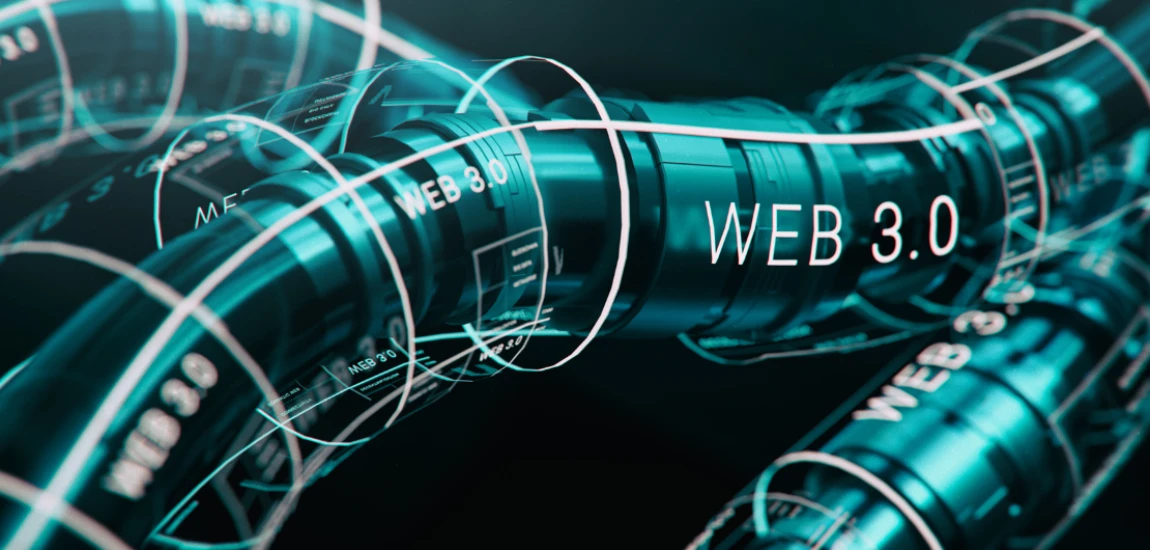Whisper Networks & Cancel Culture 3.0: Reputation in the Age of DMs and Screenshots

In the digital era, reputations are no longer built in boardrooms or social circles—they’re built, debated, and dismantled in group chats and comment sections. As the internet evolves, so do the ways we hold people accountable. Enter the world of whisper networks—informal, private systems of communication designed to protect, warn, and sometimes expose. Combine that with Cancel Culture 3.0, the latest iteration of public accountability powered by screenshots, private messages, and digital receipts, and you have a complex ecosystem where truth, rumor, and context coexist uneasily.
This blog unpacks how whisper networks and the modern mechanics of cancel culture shape reputations, privacy, and power online—and what navigating this high-stakes landscape means for individuals, brands, and communities.
The Evolution of Cancel Culture: From Public Shaming to Digital Due Diligence

From Outrage to Accountability
Cancel culture began as a grassroots form of social justice—a way for marginalized voices to demand accountability from powerful figures. At its best, it amplified awareness and demanded real consequences for harmful behavior. Over time, though, it evolved into a system where public shaming sometimes replaces nuanced discussion.
The Shift Toward Cancel Culture 3.0
Cancel Culture 3.0 is less about viral callouts and more about quiet consequences. Instead of trending hashtags, accountability now happens through private channels—shared DMs, group chats, and behind-the-scenes exchanges that determine who gets hired, collaborated with, or supported.
The Rise of Receipts Culture
Screenshots have become the new proof of truth. Every DM, voice note, or text is potential evidence in the court of public opinion. While this transparency can expose wrongdoing, it also blurs privacy boundaries, turning personal conversations into public ammunition.
Whisper Networks: The Private Side of Public Accountability

What Are Whisper Networks?
Whisper networks are informal systems—often private group chats, message threads, or closed communities—where people, especially women and marginalized groups, share warnings about harmful individuals or toxic workplaces. Originally created for safety, these networks function as backchannels of protection and trust.
The Power of Protection and Prevention
These private exchanges often prevent further harm by alerting others about abusers, exploiters, or unethical behavior before it becomes public. In industries where speaking out can jeopardize careers, whisper networks serve as survival tools rather than gossip chains.
The Ethical Gray Zone
However, the anonymity and secrecy that make whisper networks safe also make them controversial. Without verification, false or exaggerated claims can spread unchecked. The question becomes: how do we balance protection with fairness when truth circulates in private spaces?
The Digital Weaponization of Screenshots

The Screenshot Economy
In today’s internet culture, screenshots are the ultimate currency of credibility. They turn whispers into evidence, transforming private moments into viral controversies. From leaked celebrity DMs to influencer feuds, screenshots collapse the distance between public and private personas.
The Problem of Context Collapse
A screenshot captures a moment but not the full story—tone, intention, and private context often get lost. This context collapse leads to distorted narratives where partial truths can ruin reputations before facts are verified.
The Fear of Permanent Exposure
As digital receipts circulate faster than apologies, people are growing increasingly cautious—editing messages, self-censoring humor, or avoiding private conversations entirely. In this environment, the internet doesn’t forget; it archives.
Reputation in the Age of Instant Receipts

The Fragility of Digital Identity
In an era where your reputation can change with one viral post, maintaining trust online has become a balancing act. A single screenshot can overshadow years of credibility, while silence in response to accusations can be interpreted as guilt.
The Influence of Algorithms and Amplification
Cancelation today isn’t purely organic—it’s algorithmic. Social platforms amplify controversy, rewarding outrage with visibility. The more people engage with a scandal, the more it spreads, regardless of accuracy. In this system, reputation becomes a metric of virality rather than integrity.
The Human Cost of Hypervisibility
For creators, influencers, and public figures, this means living under constant scrutiny. Every word, emoji, and deleted post becomes a data point for analysis. The emotional toll of maintaining a “clean” digital persona contributes to burnout, paranoia, and creative paralysis.
Ethics, Empathy, and the Politics of Calling Out

The Difference Between Accountability and Punishment
There’s a crucial distinction between holding someone accountable and destroying them. True accountability involves dialogue, learning, and repair—not just public humiliation. Cancel Culture 3.0 challenges us to rethink what justice looks like in digital spaces.
The Role of Empathy in Digital Discourse
While outrage can mobilize change, empathy sustains it. Before reposting or calling out, asking for context—or pausing before amplifying—can prevent misinformation and unnecessary harm. The internet needs fewer trials by fire and more conversations grounded in compassion.
Who Gets to Be Redeemed?
A major criticism of cancel culture is its uneven application. Some people—often those with privilege or resources—recover quickly, while others are permanently exiled. This imbalance raises questions about power, forgiveness, and who controls digital narratives of redemption.
Navigating the New Reputation Economy

Practicing Digital Self-Defense
In an age of receipts and whisper networks, digital hygiene is critical. Be mindful of what you say in private channels, assume screenshots are possible, and avoid sending sensitive messages impulsively. Transparency and restraint are new forms of protection.
Building Trust Through Integrity, Not Performance
Reputation management isn’t about deleting mistakes but demonstrating accountability. Apologize sincerely, clarify intentions, and show consistent growth. In a culture obsessed with “gotchas,” authenticity remains the best defense.
For Communities: Balancing Safety and Fairness
For those managing whisper networks or group spaces, establish ethical guidelines—fact-check claims, protect anonymity responsibly, and avoid weaponizing information. A trusted community depends on balanced power, not unchecked rumor circulation.




